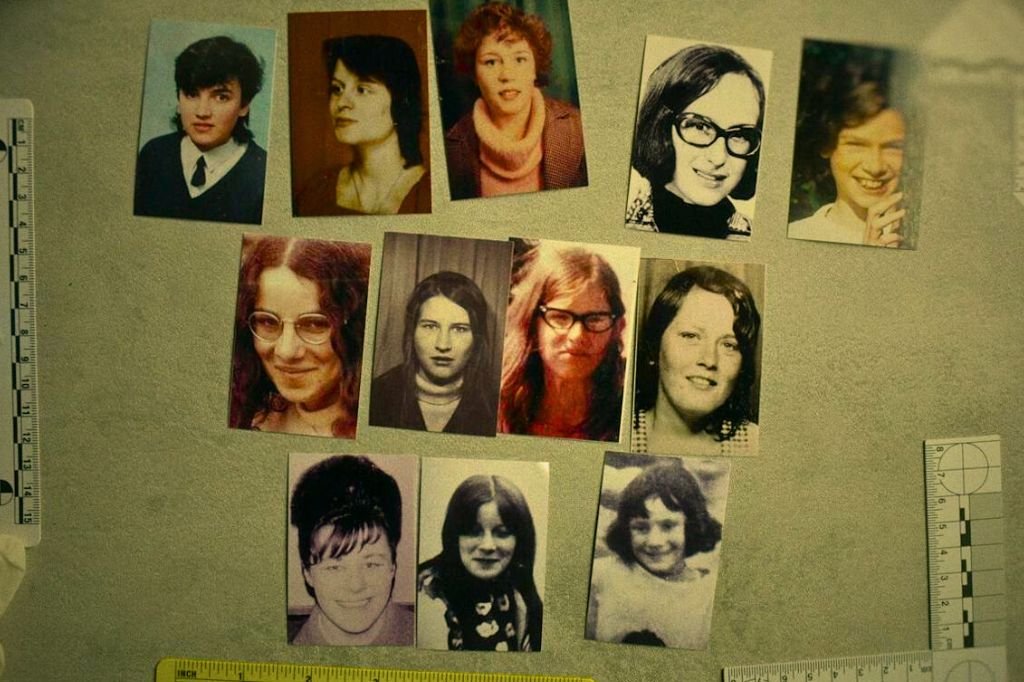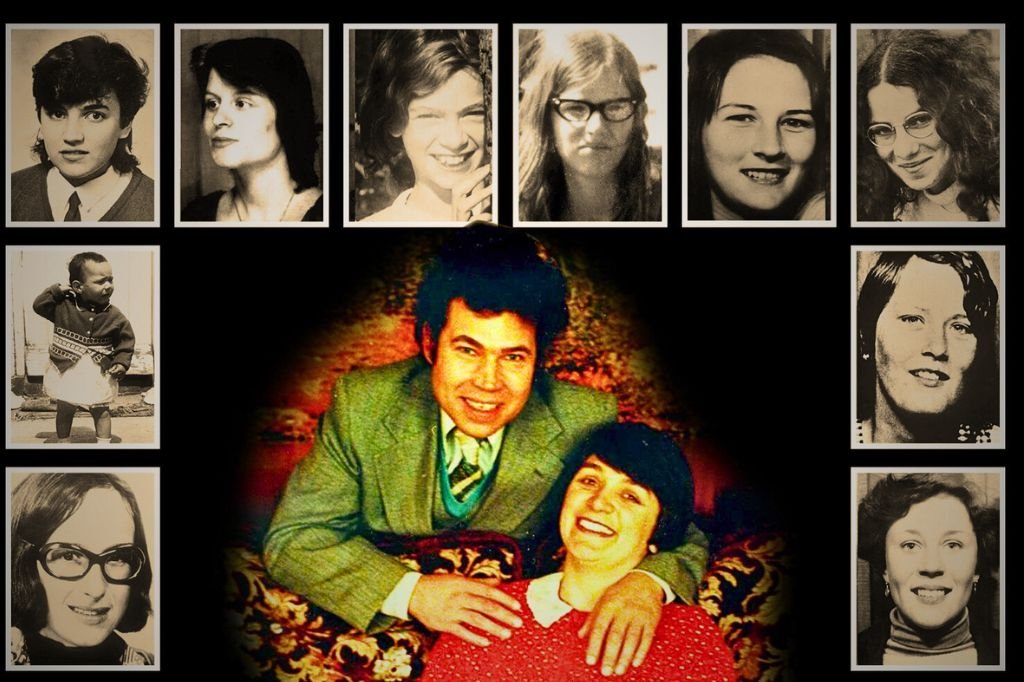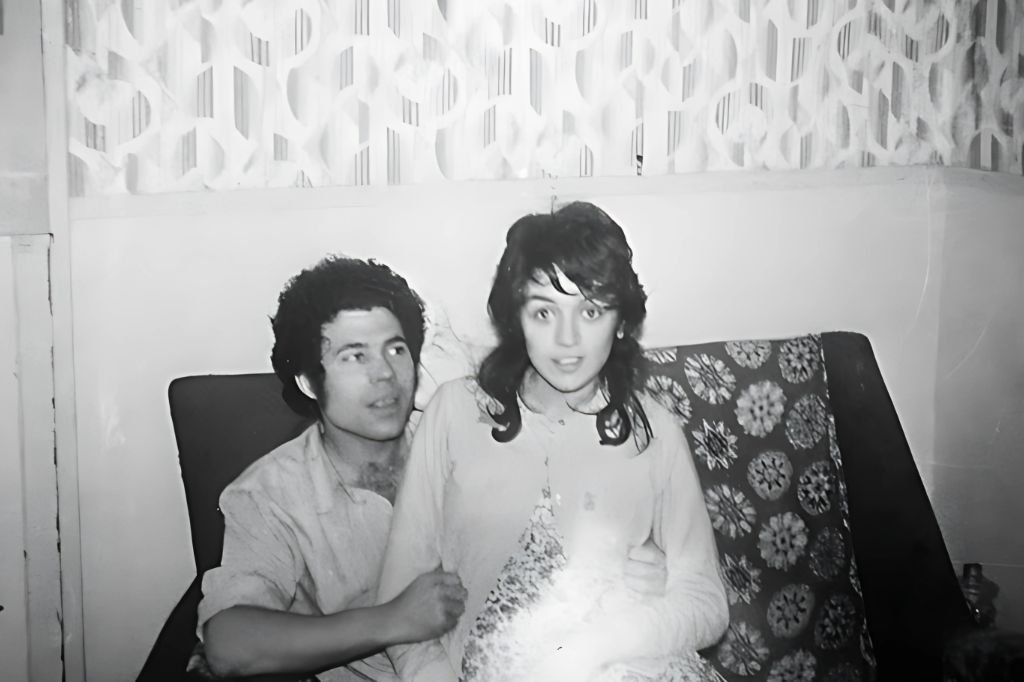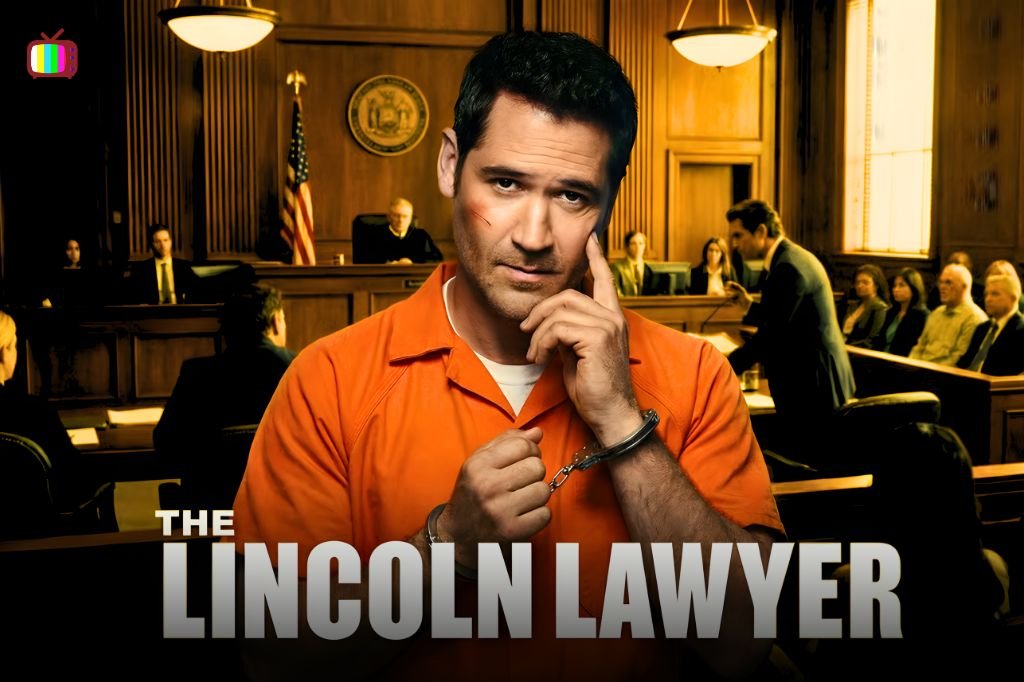Now Reading: Fred and Rose West Netflix Review: Too Horrific to Watch?
-
01
Fred and Rose West Netflix Review: Too Horrific to Watch?

Fred and Rose West Netflix Review: Too Horrific to Watch?
Sometimes I feel like modern documentaries exist to re-package the same grim facts we get from news reports – just wrapped in slick aesthetics, dramatic b-roll, sharp cuts, and moody music. They often add little new information, relying instead on the perspective of those connected to the case. This week, I dove headfirst into Fred and Rose West: A British Horror Story. The question hanging over me? Did it truly serve justice to the victims and the sheer, unadulterated horror of this case, or was it just another stylish retelling?
Table of Contents
What Is “Fred and Rose West: A British Horror Story”?
“Fred and Rose West: A British Horror Story” is a true-crime documentary that revisits one of Britain’s darkest chapters. It follows the life and crimes of Fred and Rosemary West, a Gloucester couple responsible for at least a dozen murders between the late 1960s and early 1980s. Through interviews, archival footage and, most chillingly, Fred’s own confession tapes, the series attempts to piece together how two people could commit such unspeakable acts under the guise of a normal family life.
A Tale of Two Troubled Souls
Fred West met Rosemary (Rose) in 1968, when she was just 15 and he was 27. From the start, their relationship was fraught with dysfunction: Rose had endured sexual abuse at home and trauma in her childhood, and Fred had already committed his first murder, killing Anne McFall, the nanny to his children from a previous marriage. By 1972, the couple had married and moved into 25 Cromwell Street, a house that would later become infamously known as the “House of Horrors.”
Early Signs and System Failures
Rose’s parents noticed the alarming age gap, but social services still permitted her to live with Fred, despite her history of abuse. This oversight speaks to one of the documentary’s key criticisms: the flaw in Britain’s child-protection system at the time. Had authorities acted decisively when Rose’s troubling home life first came to light, some of the later tragedies might have been averted.
The Crimes Behind Closed Doors

Once settled at Cromwell Street, Fred and Rose indulged in sickening sexual fantasies. They would host sex parties, with Fred watching through spy holes, and employ babysitters so they could focus on their sadism. Disturbingly, Rose’s own father joined these gatherings on occasion. Over the years, Rose bore eight children, five fathered by Fred; meanwhile, Fred separately raped, tortured, mutilated and murdered victims in a specially constructed dungeon in the basement.
Notable Victims
- Caroline Owens (escaped, but the case collapsed due to lack of testimony)
- Anne McFall (murdered 1967; body found 1994)
- Rena West (Fred’s first wife; strangled August 1971)
- Charmaine West (Fred’s eight-year-old stepdaughter; killed by Rose in 1971)
- Heather West (their own daughter, killed at age 16; body buried in the garden)
- Plus at least ten more young women, aged 15–21, whose remains were found in the cellar and garden.
Each case reveals more about the couple’s depravity. One of the most chilling moments in the documentary is listening to Fred’s cold, matter-of-fact confessions, recorded on tape after his 1994 arrest. These tapes lack any trace of remorse, illustrating how deeply detached he was from reality.
Is Fred Mentally Ill? And Rose’s Role Explained
One question the documentary raises—though never fully answers—is whether Fred suffered from a diagnosable mental disorder. Experts interviewed speculate on psychopathy and severe personality disorders, pointing to his history of violence and lack of empathy. Yet the series misses an opportunity to delve deeper into Fred’s psychological profile and the early warning signs in his behavior.
Rose’s role is equally complex. Was she a willing accomplice driven by her own trauma and twisted loyalties, or a victim manipulated by Fred’s dominance? The documentary provides snippets of her background—her abuse as a child, her early attachment to Fred—but doesn’t fully explore the dynamics that turned her into a murderer. A more thorough analysis of Rose’s psyche would have added much-needed depth.
The Flaws of the Justice System
“Fred and Rose West: A British Horror Story” also highlights glaring failures:
- Social Services’ Oversight: Rose was known to social workers as a vulnerable teen, yet no meaningful intervention occurred.
- Collapsed Prosecutions: Early charges against the couple, like Caroline Owens’s indecent assault case, fell apart because victims were too frightened to testify.
- Delayed Discovery: It took nearly a decade after police began investigating before they obtained a warrant to search Cromwell Street, allowing the couple’s crimes to continue unchecked.
These flaws underscore how institutions can unwittingly enable evil when bureaucratic inertia overrides urgency.
Confession Tapes: Chilling but Incomplete

The confession tapes are one of the documentary’s strongest elements. Fred’s dispassionate recounting of murder after murder gives viewers a firsthand look into a monster’s mind. However, the series doesn’t clarify whether these tapes were edited for narrative flow or presented in full. More transparency on how the producers handled Fred’s statements would have strengthened the documentary’s credibility.
What the Documentary Adds—and What It Misses
On the plus side, the series offers:
- Personal Testimonies: Interviews with detectives, journalists, and remaining family members.
- Archival Footage: News clips and home videos that paint a picture of 1960s–’80s Britain.
- A Narrative Arc: A clear chronology from first meeting to final arrest.
Yet, it falls short by not providing new evidence or groundbreaking insights. The glossy editing and dramatic music sometimes feel like distractions rather than enhancements. As a critic, I wished for more expert commentary on mental health, forensic psychology, and systemic reform.
Why You Should (or Shouldn’t) Watch
Despite its shortcomings, Fred and Rose West: A British Horror Story remains compelling viewing. It brings together all the critical facts—actor interviews, victim stories, crime scene details—in a single package that’s easy to follow. For audiences in the United States, Australia, Canada, the United Kingdom, Germany, and Switzerland, the documentary’s universal themes of abuse, betrayal and institutional failure resonate strongly.
However, if you’re looking for new revelations or a deep psychological exploration, you may come away wanting more. The series scratches the surface but never digs in enough to answer its biggest questions.
Final Thoughts
In the end, I like the documentary—but as it is based on a true story, it doesn’t feel justified to assign it a rating. The crimes of Fred and Rose West are too heinous for any star system. What matters is that viewers walk away informed, outraged, and determined that such failures of justice must never happen again.
Still, I will say it’s a must watch. Fred and Rose West: A British Horror Story is a sobering reminder of humanity’s capacity for evil—and of the importance of vigilance by both the public and the systems meant to protect us.

















